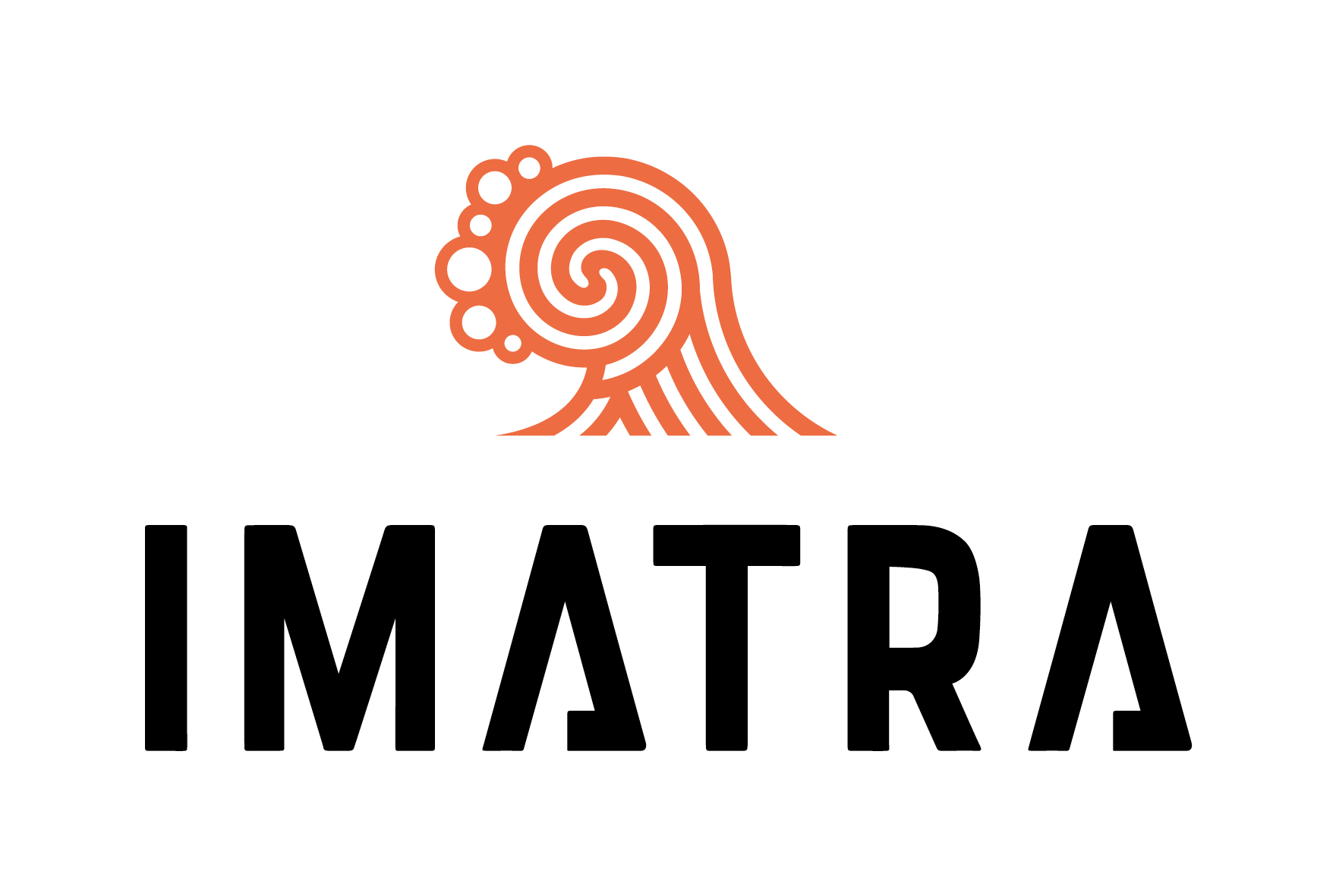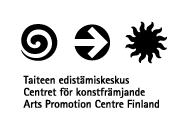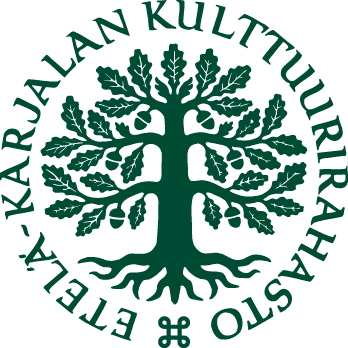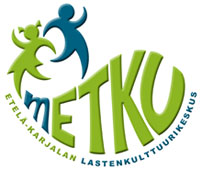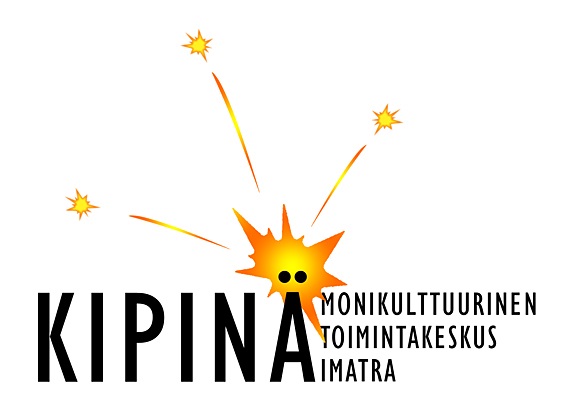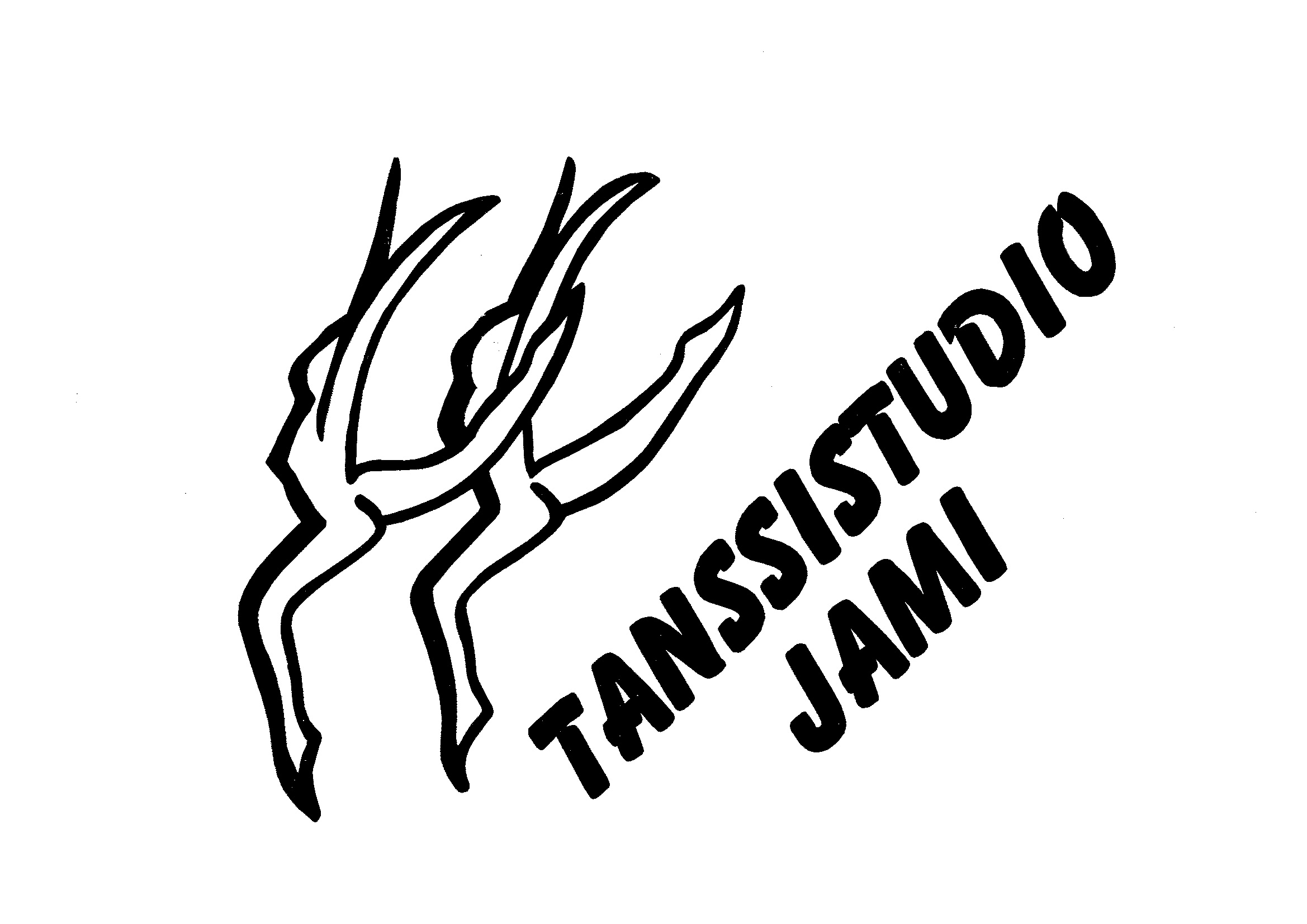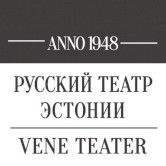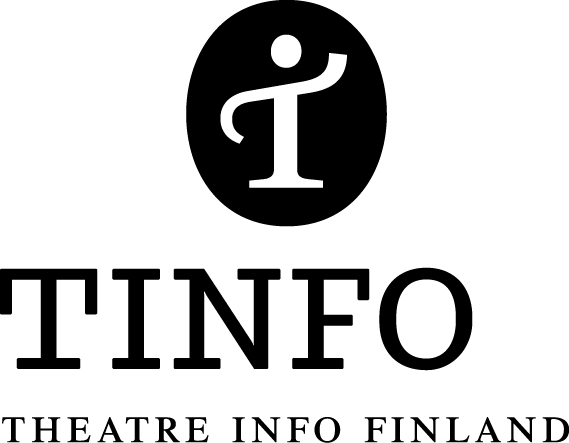One sees clearly only with the heart .
April 2002 we saw something special at the small stage of Theatre Imatra. I wrote a review on what I had seen. I discovered that the Puppet theatre play Little Prince directed by Kamran Shahmardan was a beautiful and a touching play. In it everything was in place. Little bit over one and a half years later Little Prince was taken on to the Mistelbach Puppet Festival in Austria. The Mistelbach Puppet Festival, that locates 60 kilometers from Wien, was then and still is one of the biggest and most appreciated theatre events in Europe. February 2003 In the Irti Theatre Shahmardan made the Kamengo’s Song, which was influenced by African village theatre. I Still remember the play very well. It was just that rare kind, that makes the spectator smile and feel good afterwards. The puppets of Kamengo’s song were made by Dmitri Derjagin from St Petersburg, lighting by Finnish Risto Paasivirta and music by Austrian Herman Rechberger. In this play was forming the model of making theatre, that Shahmardan used to start creating Imatra an international theatre festival of it’s own. But first a new theatre needed to be founded; that happened in the beginning of may 2003. The just founded theater took itself a name The Black and White Theatre. An association was founded for administration of the theatre. The first chairman of the association Laura Tiainen justified the need for the new theatre among that Imatra resident Shahmardan and his group can execute their own productions from start to finish, and the founders of the association wanted to give him a chance to carry out his unique ideas. Still at first the idea of organizing a puppet theatre festival in Imatra sounded totally crazy. Mission impossible! I was a nonbeliever my self. I wrote that “A Finn can go through solid rock” but organizing an International puppet theatre Festival at Imatra was a far more tougher achievement. I assumed that “it takes some azerbaidzhanese persistence”. But the “azerbaidzhanese persistence” was of a very cheerful sort back then, and the same optimism is still there, ten years since the first Black and White theatre Festival was held. Before the first festival in spring 2004 I asked Shahmardan “what makes a man put all his time and money into a project like this?” Shahmardan’s answer was simple “A man should do what he loves”. Although he admits that he is a hopeless romantic. In this world, beauty and love will eventually win.
At the first Black and White Theatre Festival were groups from Germany, Russia and Finland. That time, in June 2004 Shahmardan believed that after ten years The Black and White Theatre Festival would be as well-known as the Theatre summer of Tampere. Shahmardan’s prediction did not hit badly off target. It might well be, that Black and White Theatre Festival is already as well-known as Theatre summer of Tampere, if the matter is measured not just by the view of us Finns, but by all the people in the world. Groups from so many different countries have visited the festival. The Festival has been made mainly with volunteer forces and with a shoelace budget. Despite the difficulties the theatre has established itself and in the year of celebration 2013 the Black and White Theatre got by it’s side the Neva-Saimaa Teatterisilta Festival. Kamran Shahmardan and his wife, the soul of the festival organization, Katri Lätt, have become very close to me. Lots of admiration and genuine respect is included in this friendship. Organizing five days theatral festival in Imatra is an accomplishment, that you can only admire. Two years ago in my column I doffed my nonexistent hat to the duo. An international theatre festival in Imatra is a miracle and the founders and creators of the festival, Katri Lätt and Kamran Shahmardan have not done this miracle only once, but then, on may 24th in 2011, already the eighth Black and White Theater Festival kicked off. Every professional of theatre and every event organizer must know how totally demanding job it is to run this kind of circus, especially when everything needs to be done with a shoelace budget. I am also thinking about how much people moving to Finland from elsewhere can give us. Katri and Shahmardan are both immigrants. Many times I have been thinking about them when I have bumped into immigration conversation that still flows in the web and newspapers. We should get more of this kind of talented, hard working and creating people in here. I do not know Kamran very well, but I have seen all his directions he has made in Finland. In them, longing of beauty springing from strong emotion and intellectual pondering always meet. You can get a good image of Katri’s social skills by visiting her Facebook pages. A network forming of hundreds of friends reaches many countries. Probably this network is the one to give thanks for, that in may 2011 it was possible to see Iranian, Czech and Romanian theatre in Imatra. Long over twenty performing groups from 11 different countries.
For me The Black and White Theatre Festival was a reason to be astonished for a long time. In the year 2005 I wrote that the festival is kind of like The Lion of Ruokolahti; way too funny, way too wonderful and way too unbelievable. However it is true. In may 2005, a dragon and two lions were moving around on the field of Imatrankoski. The image is from an occasion that summer in which Shahmardan led the rehearsal of the final number. It might be that all south carelians still do not comprehend how significant matter the Black and White Theatre is. To myself the matter finally clarified in the spring 2005. I wrote a main scripture about it on the article page of Etelä-Saimaa. The names Finlayson, Gutzeit, Fazer, Sinebrychoff and many others tell about the roots of Finnish large companies. Often they have been founded by immigrants who have ended up in Finland. They have been brave and skilled people, who have, perhaps better than us Finns, in their time understood the possibilities the country’s nature and it’s people have had to offer. Same applies on the field of culture. Friendships and family relations breaking boundaries also open the kind of gates which otherwise would not even be bothered to knock on. I believed then, and now I am certain, that Black and White Theatre Festival fits well in the chain of wonderful summer events in Imatra. In spring 2005 Iranian Rain Puppet Group came to Black and White Festival through Prague. Home of the group was Teheran, a city of 17 million people.
Group leader Narmin Namzi praised sauna and swimming in the cold lake water as unequaled experiences. In Imatra the group performed Afshin Hashemin’s play The Wedding Gift. It combined modern storytelling with ancient tradition. Rain Puppet Group was according to themselves put together especially to perform this play. The Wedding gift (directed by Roshanak Roshan) was able to arrive in Imatra soon after the premiere in Teheran. Here in Finland we had read about the wrongdoings of Iranian conservative theocracy. Roshan told us then, that Iranian government had a positive stand about theater as an art form. Trips to Prague, Imatra and St Petersburg were financed by the art council of the government of Iran. In Iran the highest power also in culture was in that time, and still is, in the hands of the conservative theocracy.
According to Hashem, religion placed certain boundaries to the people making theatre. There were rules that you were not allowed to break. Hashem did believe that this was probably the case elsewhere too. In January I had the pleasure of making a wide personal interview about Shahmardan. The man told me how he had adapted in Imatra over the years. Silence had begun to ring and snow to sing in the immigrant’s soul. Based on the first meeting, Shahmardan may be considered as an edgy and artistic character. There is a lot of temperament, but under the surface there is a sensitive and a humane person. Black and White Theatre Festival has demanded a lot from it’s makers, and it has given a lot to us. I hope that after the following ten years I can write about the happenings and the success of the festival again.
Matti Saarela
 28.7.-1.8.2020Imatra Finland
28.7.-1.8.2020Imatra Finland





